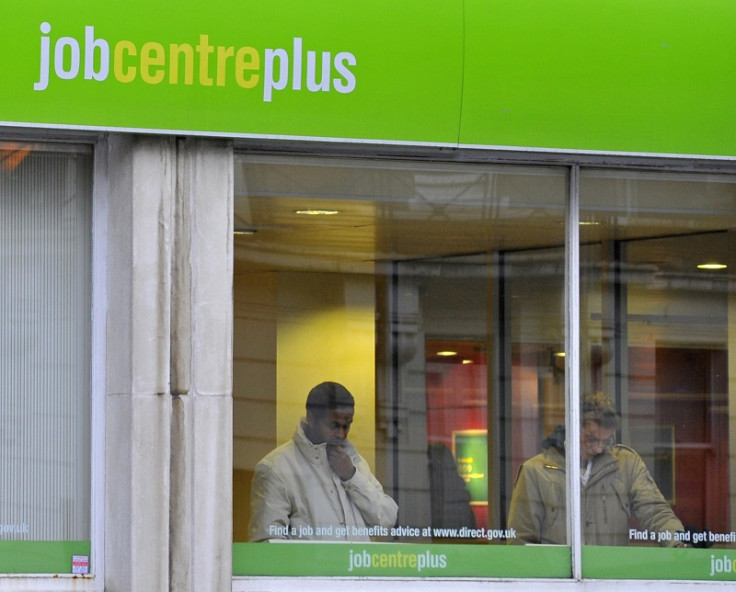A Quarter of Young Adults Live With Parents: Why?

Around half of all 20 to 24-year-olds live with their parents, according to new figures from the Office of National Statistics.
The same research reveals 21% of 25 to 29-year-olds and 8% of 34-year-olds also live in the family home – having never left, or left and returned.
In total, the number of young adults living with their parents has increased by a quarter since 1996. Sky-high house prices and increasing youth unemployment are among many reasons for these statistics.
In 2013, 3.3 million 20 to 24-year-olds lived with their parents, according to the ONS. It is this age group that has been hit the hardest by unemployment in the recession. Between April and June 2013, 19% of people aged 18 to 24 were unemployed.
As well as forcing young people to continue living in the family home, unemployment has had a detrimental effect on the mental health of young adults. Earlier this month, the Prince's Trust revealed 40% of young people experienced self-loathing and panic attacks as a result of being jobless. They stated they had "nothing to live for" - and shockingly, one in three long-term unemployed youths have contemplated committing suicide.

Under-employment, where people take underpaid jobs that do not use their skills, is another issue behind the increase in young adults living at home. Many graduates – with degrees across a variety of academic fields – have been forced to take jobs which do not put their skills to use.
The jobs that graduates are taking are lower paid, with little or no impact on their sought-after or potential careers. With lower wages and high debts, many "under-employed" students have no option but live with their parents.
The Office for National Statistics (ONS) said there had been an upward trend in the proportion of recent graduates working in non-graduate jobs - to 47% in 2013, with most of the increase happening since the 2008/2009 recession.
On the issue of under-employment, Frances O'Grady, the Trades Union Congress general secretary, said: "While university leavers are still better paid and more likely to have a job than non-graduates of the same age, their prospects are worsening, just as their debts are soaring. Having got themselves tens of thousands of pounds worth of debt, nearly half of all recent graduates are doing lower-skilled jobs."
The rising cost of house prices in relation to income is another reason why many young people stay at home. In 2013, the typical first-time buyer had to raise 4.47 times their salary to afford a new home.
For many young adults, however, even the prospect of renting a property is unattainable. Last year, the cost of monthly payments rose nearly five times faster than average wages.
A 23-year-old student from Lewisham, south-east London, who wishes to remain anonymous, said her career goals would be unattainable if she moved out of her family home.
She also drew attention to the well-publicised issue of unpaid internships, which arguably help secure a future career - although they prevent young people from earning at the time.
She said: "If I rented a property I wouldn't be able to afford rent and fees for my degree. Also, I wouldn't be able to do unpaid internships – which is necessary the career I want."
© Copyright IBTimes 2025. All rights reserved.





















